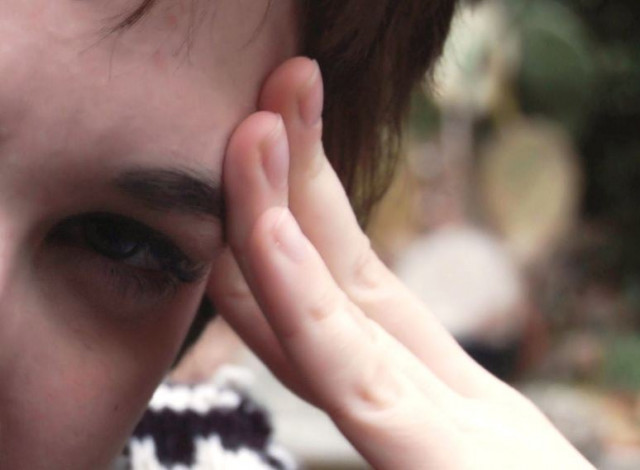Experts urge importance of mental health in disaster situations
Panel of speakers discusses impacts of tragedies on human psyche

PHOTO: FILE
To remember the deceased and to save the ones who survived an event was organised by the Aman Foundation, in collaboration with Harvard South Asia Initiative on 'Mental Health in Disaster Response'.
Evolved learning: De-stigmatising mental health
Various speakers, including Harvard University faculty members, shared their experiences and knowledge about the importance of mental health in disaster response situations. Some prominent speakers at the event were Dr Ruth Barron, an assistant professor of psychiatry at Harvard Medical School, Dr Jennifer Leaning, a professor of the practice of health and human rights, T H Chan, from the Harvard School of Public Health, Dr Ayesha Mian, an associate professor at the department of psychiatry at Aga Khan University, and Dr Sharmeen Khan, a psychologist.
While appreciating the efforts of the Aman Foundation, Dr Leaning highlighted the steady increase in national disasters. She spoke about disaster response, disaster challenges and disaster preparedness. "Disasters are worse and more frequent now, they not only damage humans physically but mentally as well," she claimed. "The basic responsibility [for these disasters] lies with climate change, which is increasing and becoming more complex day by day," she explained.
Dr Leaning added that in disasters victims suffer because they never prepare themselves for such situations. The government should equip areas with basic necessities so that they can survive on their own for three days after any natural calamity, she advised.
Respect for all: TRH combats stigma attached with mental disorders
Dr Khan brought a simple yet interesting turn to the discussion when she said that humans are interdependent on each other, which means that they seek help from within their communities or families.
“When I went to Peshawar after December 16 last year, a mother hugged me while crying and all I could do was to hug her back. She thanked me just over coming there," she recalled.
Dr Mian also shared her experience in Peshawar and said that when she went to Peshawar for a workshop regarding the Army Public School tragedy, the entire city was grieving, which was difficult to bear.
"The adults seemed to be more disturbed than the children and we did a lot to make them feel relaxed by discussing positive things about them," she explained. "After disasters people lose their self-confidence and one of our primary concerns is to bring it back," she added.
"Disasters are abnormal not the person, so it's normal to react after a disaster because they are defined as vulnerable situations," stated Dr Barron.
Published in The Express Tribune, December 18th, 2015.



















COMMENTS
Comments are moderated and generally will be posted if they are on-topic and not abusive.
For more information, please see our Comments FAQ